NCCN Adds Tafasitamab to Clinical Practice Guidelines for Patients With Relapsed, Refractory DLBCL
By Cameron Kelsall, /alert Contributor
August 26, 2020
The National Comprehensive Cancer Network (NCCN) added tafasitamab-cxix to its latest Clinical Practice Guidelines in Oncology for the treatment of patients with B-cell lymphomas, according to a press release issued jointly by MorphoSys AG and Incyte, the drug’s manufacturers.
The NCCN issued a Category 2A designation for tafasitamib — a humanized Fc-modified cytolytic CD19 targeting monoclonal antibody marketed under the trade name Monjuvi — in combination with lenalidomide as a second-line treatment for transplant-ineligible adult patients with relapsed/refractory diffuse large B-cell lymphoma (DLBCL) not otherwise specified.
The designation also applied to the treatment of patients with histologically transformed DLBCL from other low-grade lymphomas who are deemed ineligible for an autologous stem cell transplant.
In July 2020, the US Food and Drug Administration (FDA) approved tafasitamab-cxix, in combination with lenalidomide, as a second-line treatment for transplant-ineligible patients with relapsed/refractory DLBCL.
The FDA based its approval on the results of the L-MIND study, a single-arm phase 2 trial evaluating tafasitamab plus lenalidomide in patients with relapsed/refractory DLBCL. According to long-term follow-up results published in May 2020, the combination provoked an overall response rate of 58.8%, a complete response rate of 41.3%, a median progression-free survival of 16.2 months, and a median overall survival of 31.6 months.
“We are very gratified the NCCN acted quickly to include Monjuvi in combination with lenalidomide with a Category 2A designation in its Clinical Practice Guidelines in Oncology as a treatment for patients with relapsed or refractory DLBCL who are not candidates for transplant,” said Malte Peters, MD, chief research and development officer of MorphoSys AG, in a press release. “This targeted therapeutic option helps address an immediate medical need for patients who previously had limited treatment options. There is no other FDA–approved second-line treatment for these patients with a 2A designation within the NCCN guidelines.”
DLBCL is the most common form of non-Hodgkin lymphoma diagnosed in adult patients worldwide. Approximately 10,000 patients in the United States are diagnosed with transplant-ineligible relapsed/refractory DLBCL each year.
Among patients with follicular lymphoma or nodal marginal zone lymphomas who experience a histologic transformation to DLBCL, tafasitamab plus lenalidomide was recommended for those who have no response or progressive disease following chemoimmunotherapy, as well as those with multiple previous lines of therapy.
The guidelines further specified that it remains unclear whether treatment with tafasitamab may negatively impact future anti–CD19 CAR-T cell therapies.
“The inclusion of Monjuvi in the NCCN Guidelines will help further inform healthcare providers of this advancement for patients,” said Peg Squier, MD, PhD, group vice president of US medical affairs for Incyte. “We believe Monjuvi has the potential to address an urgent medical need for patients with relapsed or refractory DLBCL and are pleased that the NCCN has acknowledged the clinical benefit of this targeted therapeutic option.”
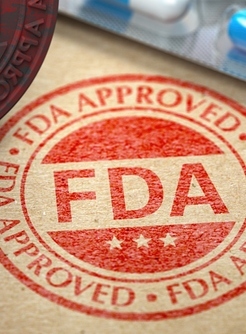
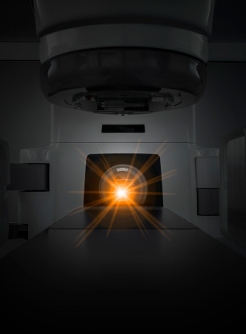
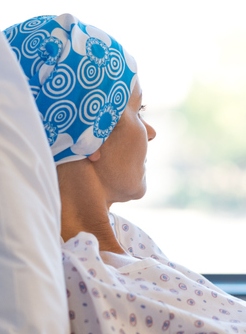

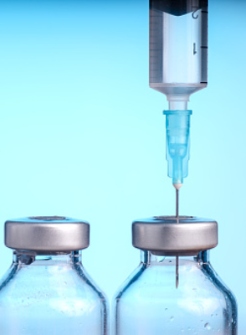


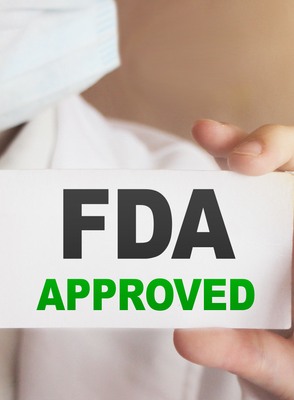
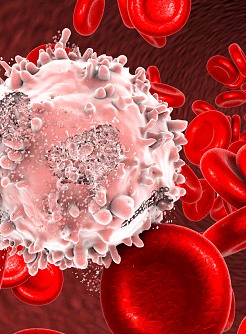
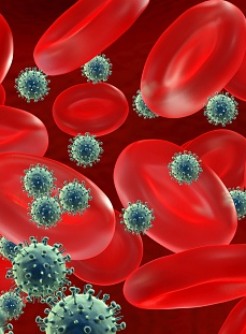



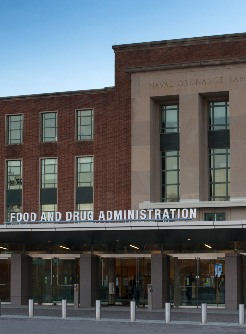

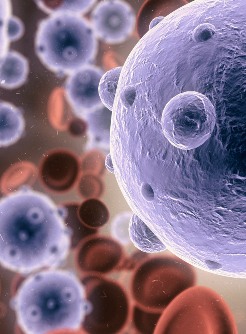
.jpg)



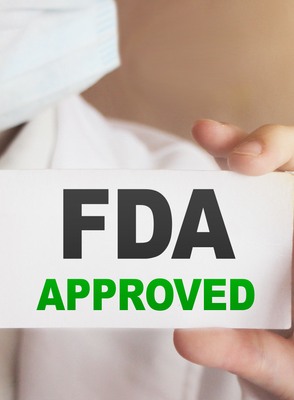

.jpg)



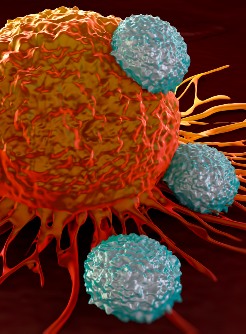


.jpg)
.jpg)
.jpg)
.jpg)
.jpg)
.jpg)
.jpg)

.jpg)
.jpg)